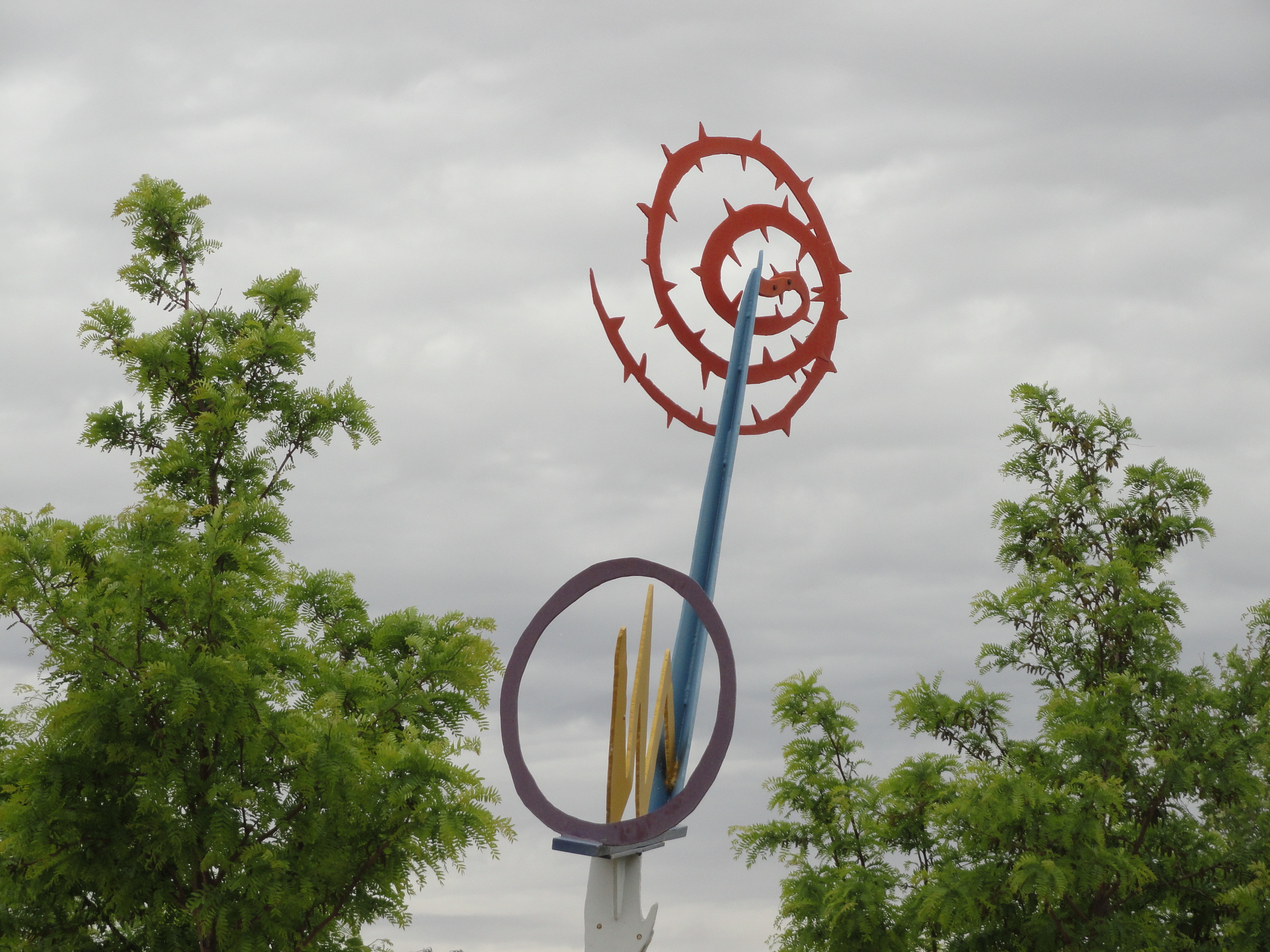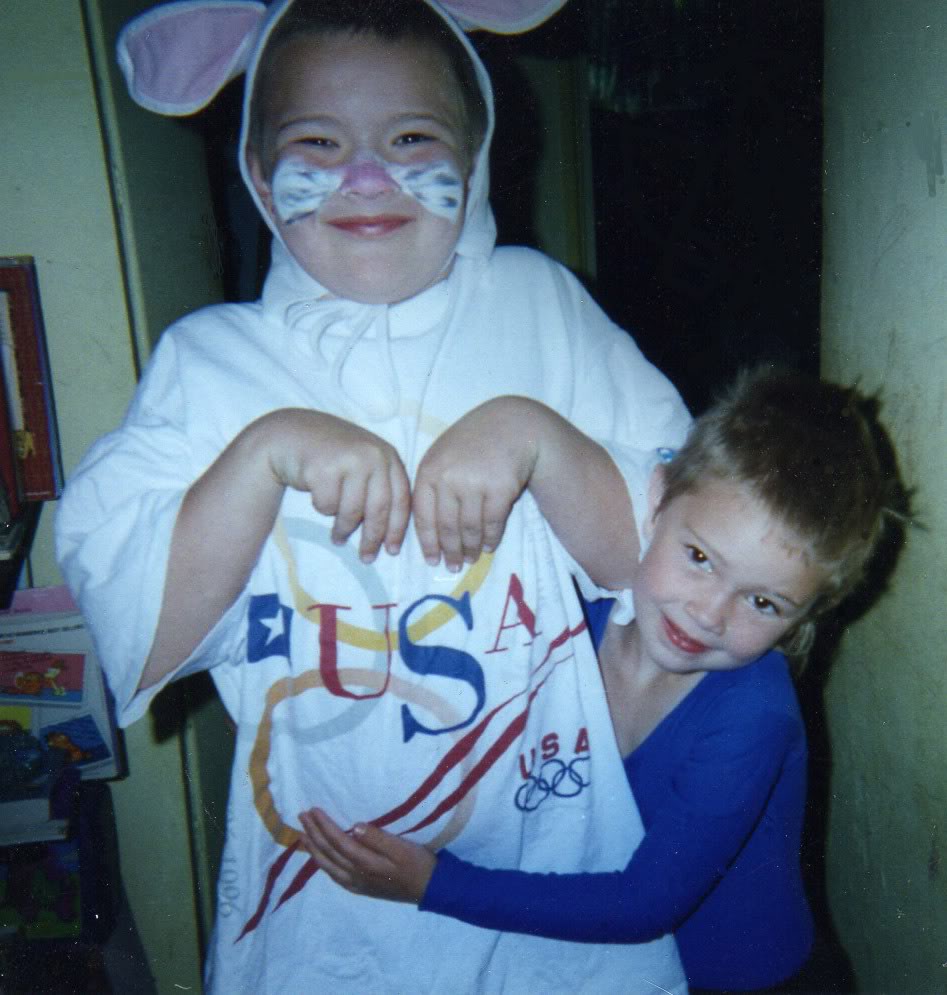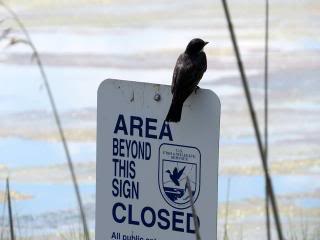Although unschooling is often described as a homeschooling style, it is, in fact, much more than just another homeschool teaching method. Unschooling is both a philosophy of natural learning and the lifestyle that results from living according to the principles of that philosophy.
The most basic principle of unschooling is that children are born with an intrinsic urge to explore—for a moment or a lifetime—what intrigues them, as they seek to join the adult world in a personally satisfying way. Because of that urge, an unschooling child is free to choose the what, when, where and how of his/her own learning from mud puddles to video games and SpongeBob Squarepants to Shakespeare! And an unschooling parent sees his/her role, not as a teacher, but as a facilitator and companion in a child's exploration of the world.
Unschooling is a mindful lifestyle that encompasses, at its core, an atmosphere of trust, freedom, joy and deep respect for who the child is. This cannot be lived on a part-time basis. Unschooling sometimes seems so intuitive that people feel they've been doing it all along, not realizing it has a name. Unschooling sometimes seems so counterintuitive that people struggle to understand it, and it can take years to fully accept its worth.
—Joyce Fetteroll, Pam Sorooshian and Sandra Dodd,
collaboration, long ago
This was the description at an online discussion for many years—at the UnschoolingDiscussion list.
SandraDodd.com/lists/description
photo by Sandra Dodd

















